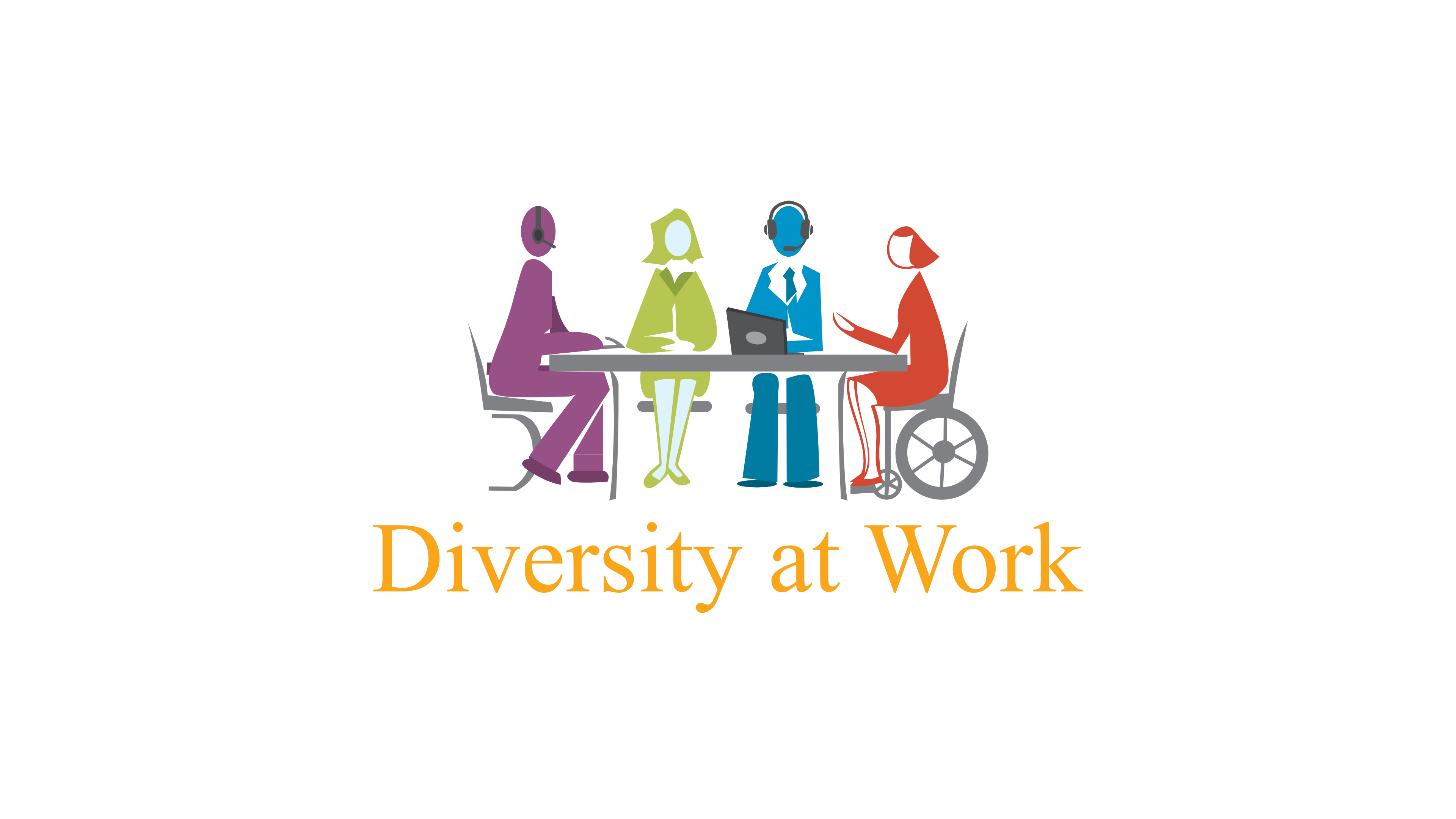By: Evelina Silveira, President Diversity At Work in London
I picked up my voicemail the other day to hear a friend’s desperate plea to give her a call. She wasn’t feeling well. Instinctively, I knew something was wrong. I nervously looked for all of her numbers calling all of them with no response. I gave up. I became worried.
First thing in the morning, I gave her a call. She was relieved to hear from me. She was having a serious anxiety attack and asked me to stay the day with her. I listened, but I couldn’t relate. I couldn’t understand why someone was feeling so agitated to the point that she was having difficulty with simple daily functions. There were no health problems in her family, her marriage seemed good and so were the kids, and there didn’t seem to be any money problems either. But somehow, she was incapacitated and had taken a sick leave from work. I wondered if I was insensitive and I also asked myself how many times she must have faced attitudes like mine.
Just before my friend became ill she was given an increased workload. The added stress sent her over the top! I wondered how often this situation happens when employers keep on adding extra work trying to increase the bottom line. But is the bottom line helped at all when these employees have to take a sick leave because the workload is just too much? I also began to think about how a compassionate workplace must make a world of difference when it comes to a return to work plan.
I began to ask my friend whether her workplace was understanding of her illness. The response was neutral. While she really wanted to go back to work, she wasn’t ready and feared that she would lose her job — an extra stress she didn’t need.
We strategized about how she could negotiate some accommodations with her employer. We spoke about asking for a reduction in her workload to its normal level and maybe working fewer hours. Perhaps hiring another person to do the extra work until she feels comfortable with taking it on? I spoke to her about her right to accommodation .
As we spoke about her back to work plan, I realized that there are many ways an employer can accommodate someone like my friend who has worked with them for so long. But it does take some creativity, compassion and the realization that mental illness is a disability just as any other. It also means caring co-workers who can recognize when an ill co-worker is having a bad day and not to judge. It means being humble and understanding that mental illness can happen to any of us.
In this ever rushing, consumer-oriented society that we live in, we have become so disconnected to those experiences that once gave us balance; because they no longer exist. We can only expect it will become more common.





